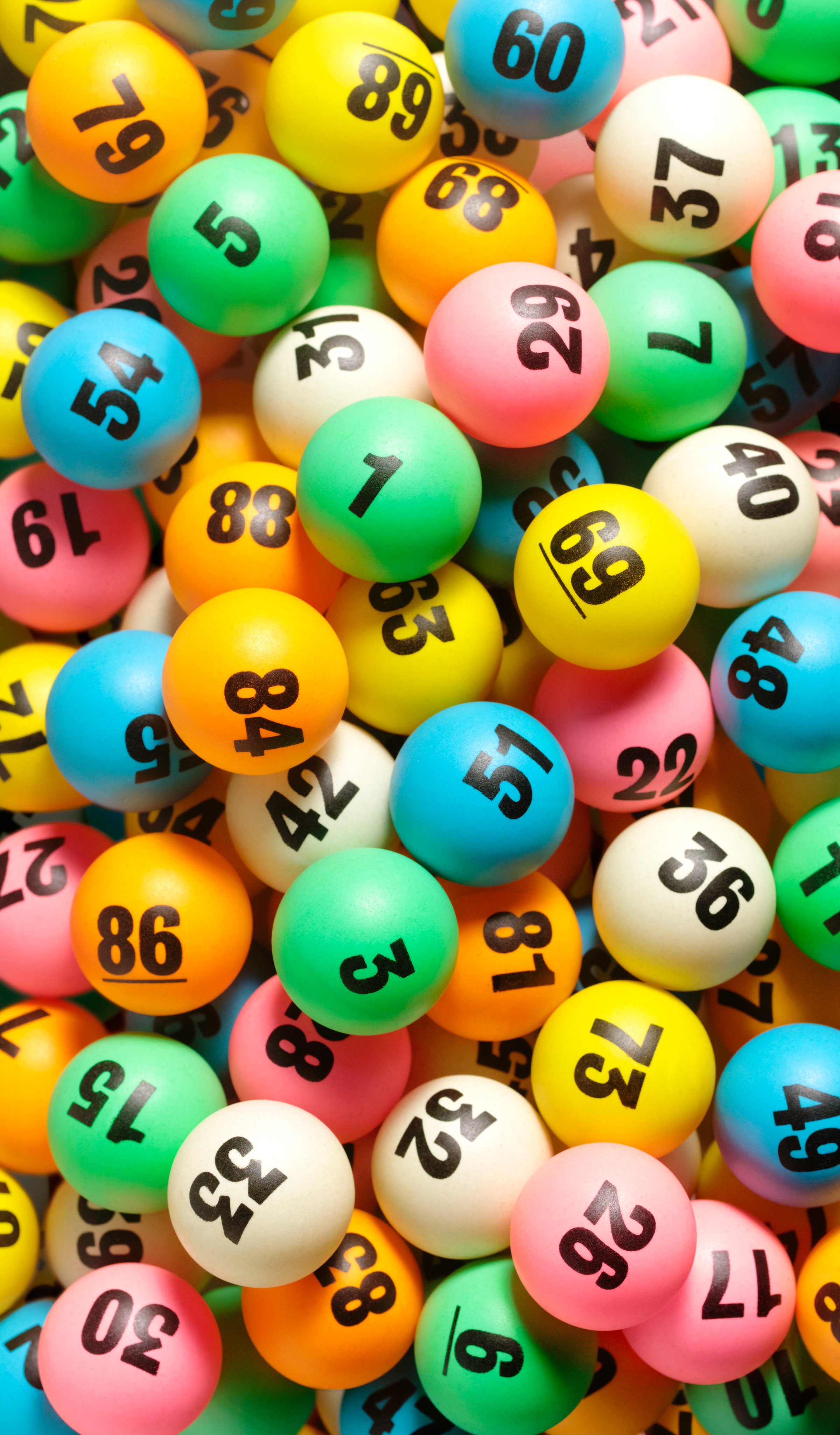
Via the documentary Lucky:
Every year Americans spend $7 billion on movie tickets, $16 billion on sporting events, $24 billion on books… and $62 billion on lottery tickets. More than half of all American adults play the lottery making it, by far, the most popular form of paid entertainment in the country.
Odds you believe your best shot at getting rich is winning the lottery: 1 in 5.
Odds you will actually hit the jackpot in a Powerball lottery: 1 in 195,249,054.
People have a lot of irrational beliefs when it comes to the lottery. Many believe if they give a lottery ticket away it’s more likely to win.
What if you educate people about the statistics showing the odds are stacked against them when they gamble? Doesn’t change their behavior one bit.
And if you believe that winning the lottery will solve all your problems? You might be a little irrational too.
Are lottery winners happier than paralyzed accident victims?
Yes… but not by as much as you’d guess.
Some time after winning their money, lottery winners weren’t all that much happier than people who hadn’t won — and accident victims weren’t anywhere as unhappy as the researchers had assumed.
Shouldn’t lottery winners be ecstatic and paralyzed accident victims be miserable? No.
What the authors of the study found was that:
1) Much of happiness exists outside of objective life circumstances. Attitude and perspective mean a lot more than actual events.
2) We’re prone to a contrast effect. Events in our lives don’t have set values; they’re compared to other events. Winning the lottery is such a big deal it actually makes every other good thing in the winner’s life less enjoyable.
3) We’re also prone to habituation. Simply put, we can get accustomed to nearly anything, no matter how good or bad. After time, a wheelchair doesn’t seem so bad — and a million dollars doesn’t seem as good.
But you still want to be rich, right?
There’s no denying it: Yes, you would probably be happier if you were rich… but not by much. Past about 75K a year, money doesn’t bring very much extra happiness.
Think about this for a second:
Would you be happier of you were a billionaire or if you were Amish?
Correct answer: they’re both equally happy.
And this:
Do you think you’d be happier homeless in Fresno, California or homeless in Calcutta, India?
Correct answer: Calcutta, hands down.
Via Flourish: A Visionary New Understanding of Happiness and Well-being:
The downtrodden of Calcutta are far happier than you’d think, given their circumstances. How can these people possibly be happy?
The problem isn’t with them, it’s with us. We’re falling prey to what’s called a “focusing illusion.” All we’re thinking about is money and living standards and not the other factors that are often more responsible for happiness than we give them credit for: religion/meaning, family, marriage and friends.
Can you tell me the best way to play the lottery or not, Eric?
So back to the lottery. Can research give you any help on the best way to play the lottery? Actually, yes.
Buy your tickets as early as possible.
Because what you’re really buying is a chance to dream.
And the smartest thing to do is to prolong that enjoyment as much as possible.
This piece originally appeared on Barking Up the Wrong Tree.
Join 25K+ subscribers. Get a free weekly update via email here.
Related posts:
Cross your fingers and read this post – How to make yourself luckier
Here are the things that are proven to make you happier.
How can the slumdwellers, prostitutes and homeless people of the poorest place on Earth be happy?
More Must-Reads from TIME
- Why Trump’s Message Worked on Latino Men
- What Trump’s Win Could Mean for Housing
- The 100 Must-Read Books of 2024
- Sleep Doctors Share the 1 Tip That’s Changed Their Lives
- Column: Let’s Bring Back Romance
- What It’s Like to Have Long COVID As a Kid
- FX’s Say Nothing Is the Must-Watch Political Thriller of 2024
- Merle Bombardieri Is Helping People Make the Baby Decision
Contact us at letters@time.com